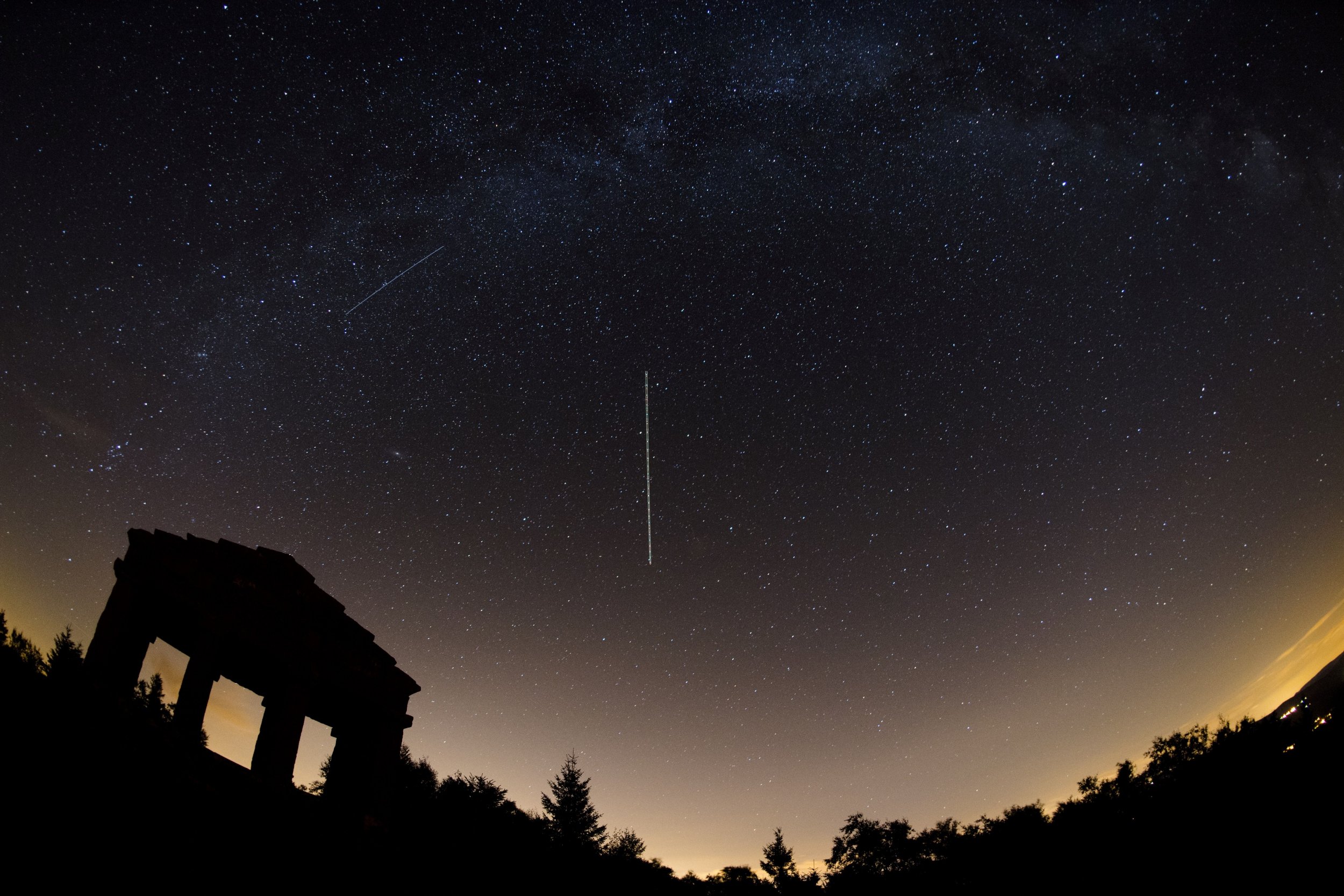
An asteroid is going to come extremely close to Earth on Friday—and everything is going to be absolutely fine. A 23-foot-wide asteroid—which, as Space.com noted, means it is the size of a bus—will come within 70,000 miles of Earth. The pass-by will be streamed live by the Virtual Telescope Project.
This isn't the first time the asteroid, named 2018 DV1, has paid us a visit, though it does seem to be the first time we've noticed it. Astronomers at Arizona's Mount Lemmon Observatory caught sight of it on Monday. Based on calculations in the Jet Propulsion Laboratory's Small-Body Database, though, the asteroid has likely come close to Earth once every few years. This is the closest in decades that it has ever or is expected to ever come, though. Seventy thousand miles is more than twice as the average distance between the Moon and Earth, which is about 239,000 miles.
NASA categorizes asteroids in a few different ways. 2018 DV1 is an "Aten," which just describes how large an axis of the asteroid's orbit is relative to Earth's. (Atens are one of four types.) But while the asteroid may be coming very close to Earth, it doesn't fall into the scary category: a potentially hazardous asteroid.
An asteroid is categorized as "potentially hazardous" based on its distance from the Earth and the "magnitude" of the asteroid, or how bright it appears in the sky. Magnitude is often a shorthand for how large an asteroid is. (Counterintuitively, the lower the magnitude is, the bigger the asteroid is expected to be.) 2018 DV1 falls short of the magnitude criteria, so it's extremely unlikely that it would actually do any damage even if it did plummet to Earth. According to UPI, the asteroid would likely just disintegrate if it entered the planet's atmosphere.
2018 DV1 is actually expected to stop by earth again on February 26, 2019—though that time, relatively speaking, it's expected to keep its distance a bit more.
Uncommon Knowledge
Newsweek is committed to challenging conventional wisdom and finding connections in the search for common ground.
Newsweek is committed to challenging conventional wisdom and finding connections in the search for common ground.
About the writer
Kate Sheridan is a science writer. She's previously written for STAT, Hakai Magazine, the Montreal Gazette, and other digital and ... Read more
To read how Newsweek uses AI as a newsroom tool, Click here.








